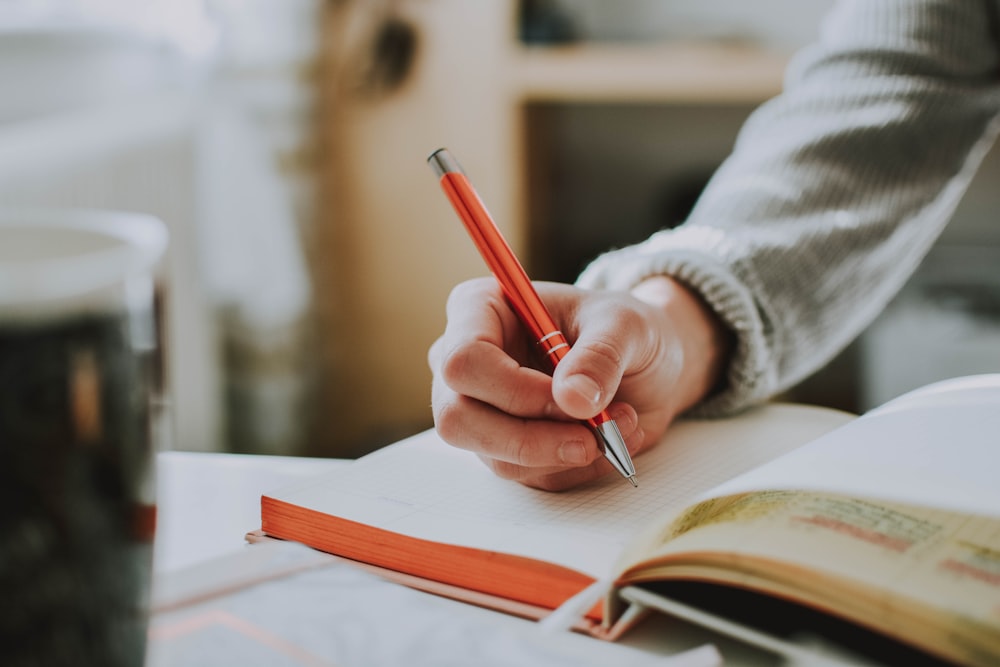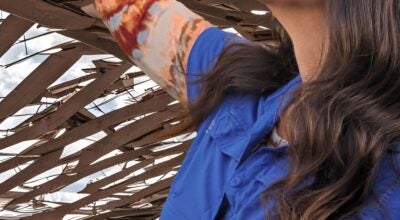The impact of plagiarism on scientific works
Published 8:43 am Monday, November 21, 2022
|
Getting your Trinity Audio player ready...
|
Sponsored content
Usually, scientific works for students are used to maximize research. Any claims made in a professional paper must be backed up by solid research. True study results should be utilized to define study criteria. Daily experience and study foundations must inspire experimental evidence and scholarly procedures. The creative work should incorporate records, research goals, and operating processes. Before adopting a method, respondents’ informed consent to use their information must be obtained. Text from another source may be annotated based on related research. The high-quality scientific activity needs methodologically valid material from different archives. Now, let’s check out what is the impact of plagiarism in the university and other academic works.
Breaching The Publishers’ Potential
When a writer’s ideas are stolen, the cheater might claim authorship of his works. It forces the creator, frequently a student, to continuously reference his work. In fact, any following author on the issue must cite the pirated material. When a complainant’s own work is duplicated, he may enforce his rights. Creators can utilize a plagiarism checker free no word limit and check the texts’ legitimacy. They might find free essays and scan them with such tools and see the results. Licensed and tested software helps them in avoiding plagiarism. A young author who has only supplied exploratory answers or has unethical co-writers is another story. The pupil frequently abandons his studies, depriving science of his information.
Image Source: https://unsplash.com/photos/333oj7zFsdg
It Usually Brings The Author’s Intention Of Misleading Someone
Plagiarism within classes always leads the visitor down a false path. There is no justification for copying others’ works. That’s simply the truth. Sooner or later, it will mislead someone. And readers sometimes blame writers for that. So, each teacher and researcher must know the norms guiding scientific experimentation. A scientist must also have an ethical sensibility that guides his job. Plagiarism without permission steals the originality of the content and the authors’ efforts.
It Destroys Both Students’ And Professional Reputation
Any person who is accused of plagiarism runs the risk of being dismissed or penalized. A transcript may prevent a student from transferring credits or graduating. Copying is taken extremely severely in every aspect of education. Academic honesty boards are responsible for monitoring pupils in most academic institutions. The first offense frequently results in suspension at the college or other educational facility. If a person commits another offense, they will likely be expelled.
Plagiarism may ruin a business owner, politician, or public figure’s career. Even if they don’t quit, they’ll have trouble finding future work. Depending on the seriousness of the incident and the plagiarist’s reputation, professional growth may be difficult.
Students Make Fewer Efforts
Some dishonest kids are bound to stay at school. They take others’ work to receive credit while keeping little of the knowledge. Most plagiarism is unintentional and could be prevented if students were more careful. Most cheaters do it unwittingly because they rely on others’ work or don’t understand it. They think less of their knowledge. And that’s one of the main reasons for plagiarism. Many schools prohibit deliberate and accidental copying. And all the students should remember it. Why? Because it will be better for their future.
It Causes Failure
When students plagiarize on purpose, they are frequently given an automatic failing grade. It’s possible for accidental plagiarism to lead to failure as well. Unintentional copying, such as inappropriate citation, may be handled case-by-case. By citing their sources accurately, academics may prevent unintended plagiarism. That way, they can make the research process reliable. Perhaps it will take some time but the results are inevitable. And yes, the positive ones!
Conclusion
Textual plagiarism frequently happens in scientific works. It’s common for students to face it. And as you could read, it has a significant impact on it. You may use another author’s words with proper reference, typically by abbreviating and indicating the source. Hopefully, you learned a valuable lesson on the influence of copied texts. Also, it would be good for you to remember it in the future.





